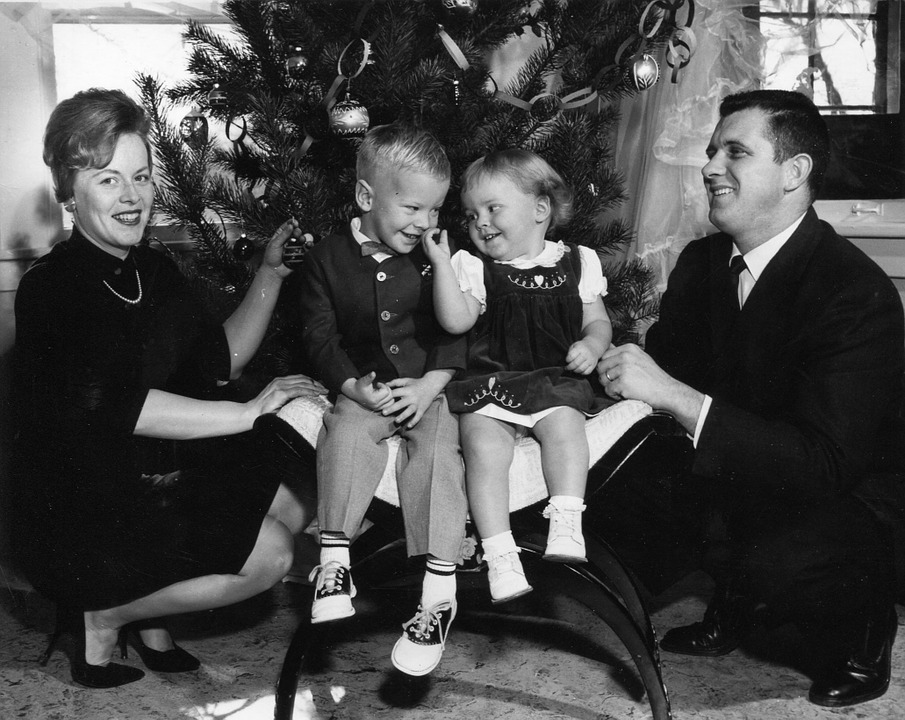
Are you eagerly anticipating Christmas to be a joyous or heartbreaking time this year?
On one hand, it will be Christmas time full of lights, tinsel, and Christmas cheer. On the other hand, you may be visiting elderly parents or grandparents you haven’t seen in a few month.
On your last visit, you may have noticed signs of your parents’ age. You may have noticed their driving has changed, their memory is not as it once was, or they get exhausted quickly. On the phone, you hear the latest doctor update. In your prayers, you worry about their health.
Are you wondering if you should have a conversation with your parents about their age and the future? Thinking about this conversation can fill you with anxiety or dread.
It is hard to see your parents age. And in the weird cycle of life, there comes a point where you may need to start caring for them in return. Hopefully, to release the dread of having a tough conversation with your elderly parents, let’s look at how should you approach this conversation.

Start Early
When facing a difficult conversation, it is easiest to just put it off. You may start seeing some signs of aging but they seem to be doing fine, right?
Before I landed this job at Union Colony Insurance, I was working in an Assisted Living community doing maintenance. In just a few months, I can’t tell you the amount of stories from family members who were not ready for the decline of their parents' health.
Usually it was an unexpected fall or illness that led to a rapid decline in their health. When everything seemed fine just weeks before, families were frantically scurrying to find a good solution for their aging parents.
I remember talking to one family whose mother was only in her early 70’s. At this age, the family was not thinking about preparations for the future. Mother seemed fine and was living by herself for years. But one day she got into a car accident. This set off a chain of events. From that one accident, the children found out their mother was starting to develop dementia at an early age. The children were now having to find an assisted living situation for their mother, without knowing what her finances were like, where her insurance policies were, or what health coverage she had. Comes to find out, their mother had stopped paying her insurance policies, because of the dementia, and most had been canceled. They were in a pickle.

This being said, it is never too early to start talking to your parents about the future. When you talk about these issues early, it does three things.
You Preserve Assets
Putting off the tough conversations only allows for a potentially worse conversation for a future Christmas. You can start to know, now, where their bank statements, insurance policies, health records, etc. are. If the unexpected does come, you will be more prepared. Also, start talking about new insurance policies like long-term care insurance.
You Preserve Dignity
Having an early conversation can preserve their dignity. Approach the conversation to include their desires and wishes. Have the conversation when they can make their own decisions. This can significantly decrease their irritability with the conversation and keep the peace at Christmas.
When they feel their dignity is preserved, they typically thrive better. I saw it many times in the assisted living community. When the parents did not feel very dignified, they gave up quicker physically, mentally, and emotionally. Don’t assume you know what’s best for your parents and talk to them with compassion and empathy.
You Preserve Harmony
Having an early conversation allows harmony in the family. If you’re nervous about talking with your parents, it is easiest not to go at it alone. Ask your siblings or spouse to have the conversation with you.
When not prepared for their parents rapid decline, I’ve also seen how families will start to fight bitterly with one another during this time. They will have differing views on how to take care of mom and dad. Starting the conversation early allows the family to make common decisions while in a peaceful situation.
I get it, having a conversation like this can be tough for anyone. There is not a 'one size fits all' formula to having this conversation. You may have the conversation and it may not go as well as you hoped.
But that’s okay. You are bringing up these things because you care about your parents.
Hopefully having an early conversation can preserve future Christmases and let you have a relatively good Christmas this year.
If your curious on what topics you should bring up during these conversations, A Place for Mom has a few categories for discussion and guides on how to talk about these topics:
Health
Well-Being
Finances
Legal Planning
